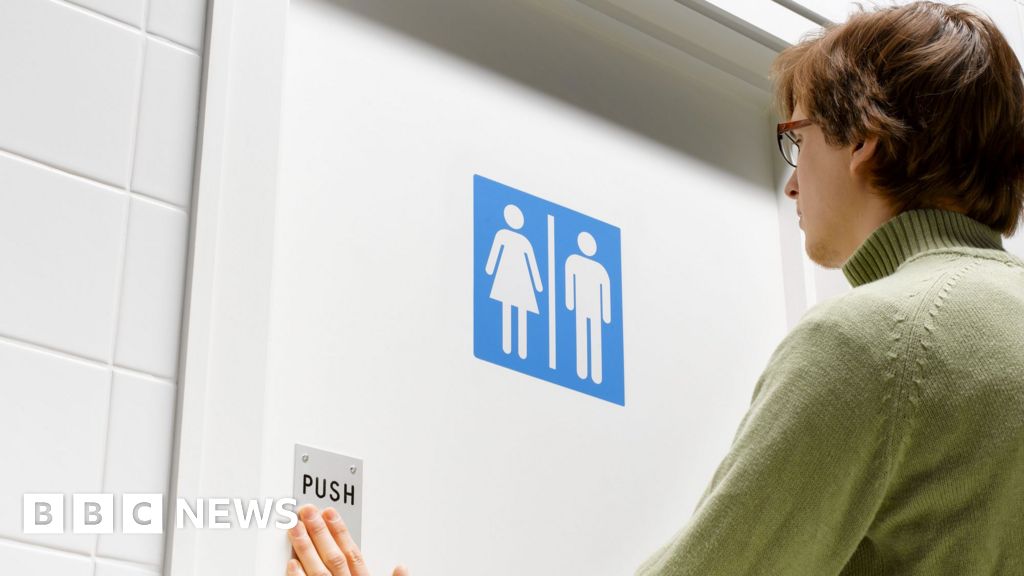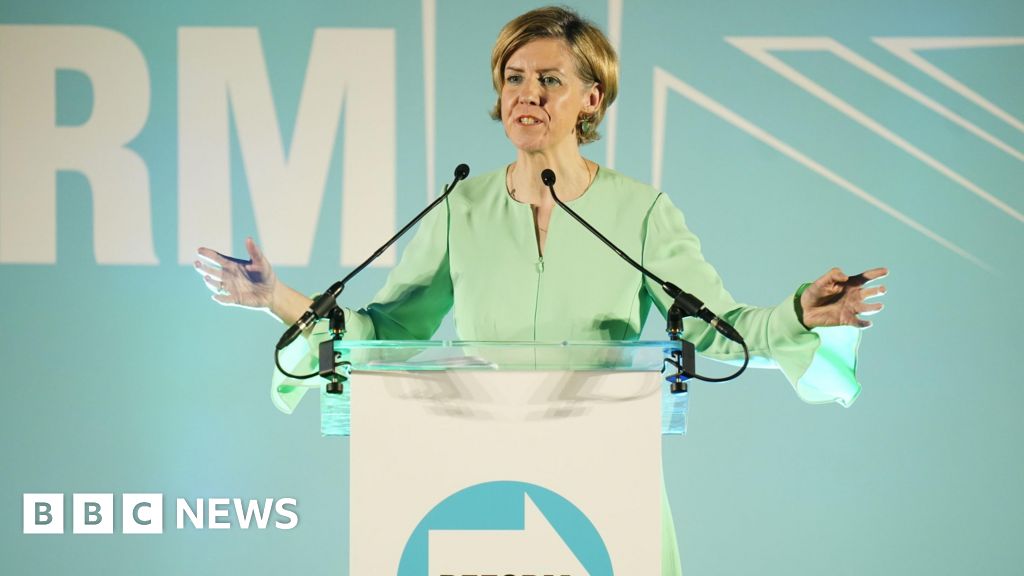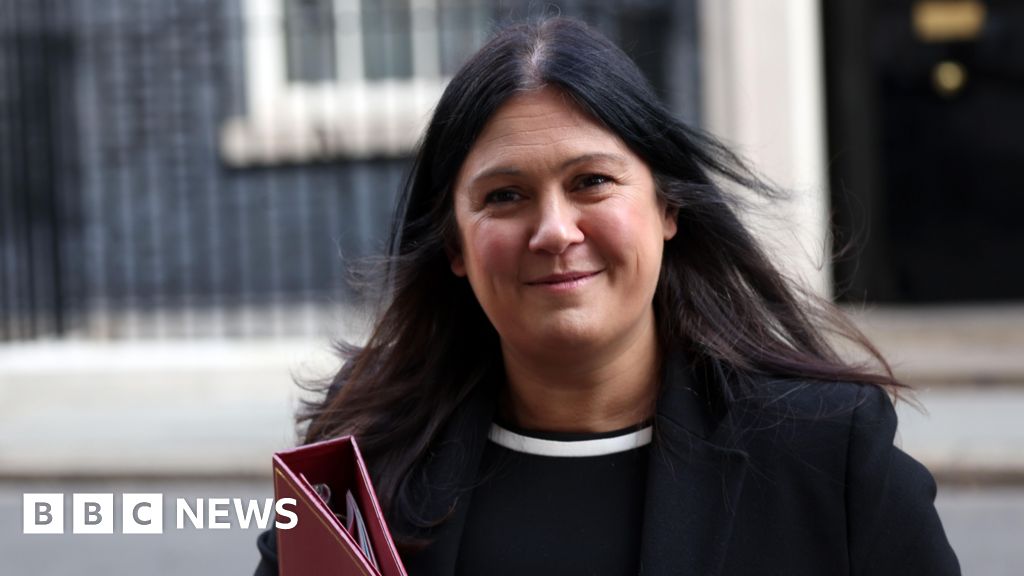ARTICLE AD BOX
By Becky Morton
BBC News
Image source, Getty Images
A member of the Royal Navy, whose rape case collapsed in a military court, has backed calls for serious offences committed in the UK to be investigated and tried through civilian courts.
"Servicewoman A" said this would protect service personnel "from the appalling consequences" of reporting rape within their unit.
Labour is also supporting an amendment to the Armed Forces Bill that would see the change introduced.
But the government is not backing it.
A Ministry of Defence (MoD) spokesman said removing certain crimes from the Service Justice System would "undermine its legitimacy, whilst eroding the confidence of those that use this system".
The amendment to the bill will be voted on in the House of Commons later.
The report recommended cases of serious sexual assault and rape should be taken out of the military justice system and tried in civilian courts instead.
The Lyons Review of the Service Justice System also previously recommended military courts should no longer try murder, manslaughter and rape cases committed in the UK, except when the consent of the attorney general was given.
However, the idea was rejected by Defence Secretary Ben Wallace.
Servicewoman A says a military prosecutor committed a series of failings during her rape case, including failing to inform her she could give evidence via video link, delaying the submission of crucial documents until the day of the trial and providing incorrect legal advice.
She has also criticised the quality of military policing in the case, an absence of complainant care and the response from the navy when she raised her concerns.
'Serious failings'
Last year, Servicewoman A was one of three women who sought a judicial review of the defence secretary's decision to ignore the key recommendation of the Lyons Review. The case was settled out of court.
She said: "The value of this amendment for women like me cannot be overstated. There were extremely serious failings in the handling of my case at court martial, which ultimately meant it collapsed."
The amendment would make the process independent, she added, and encourage more service personnel to report crimes.
Between 2015 and 2020, the conviction rate for rape cases tried under courts martial was just 9%, according to the latest Ministry of Defence (MoD) figures.
The latest data suggests the conviction rate was 59% for cases that reached civilian courts, which deal with significantly more cases each year.
Almost three-quarters (74%) of the 161 sexual offences investigated by the armed forces Service Police in 2020 took place in the UK, and more than three-quarters (76%) of the complainants were women.
Seven in 10 (70%) held the rank of private, the lowest rank of trained soldier.
For Labour, shadow armed forces minister Stephen Morgan said: "The investigation and prosecution of serious offences like rape in the Service Justice System has repeatedly failed service personnel. But the government continues to ignore improvements recommended by repeated inquiries, veterans and serving personnel.
"Trying the most serious offences in civilian courts would help improve investigations and conviction rates, but ministers seem content with a fudge that will leave personnel vulnerable."
An MoD spokesman said: "The Service Justice System is an integral part of the armed forces and reflects the unique nature of the role of our armed forces, operating all over the globe, often in countries with legal systems less rigorous and fair than our own."
"We support the right of victims in the UK to be able to report offences in whichever jurisdiction they choose and we are strengthening the prosecutor protocols to provide some much needed clarity and transparency on how decisions on jurisdiction are made," he added.

 3 years ago
48
3 years ago
48








 English (US) ·
English (US) ·